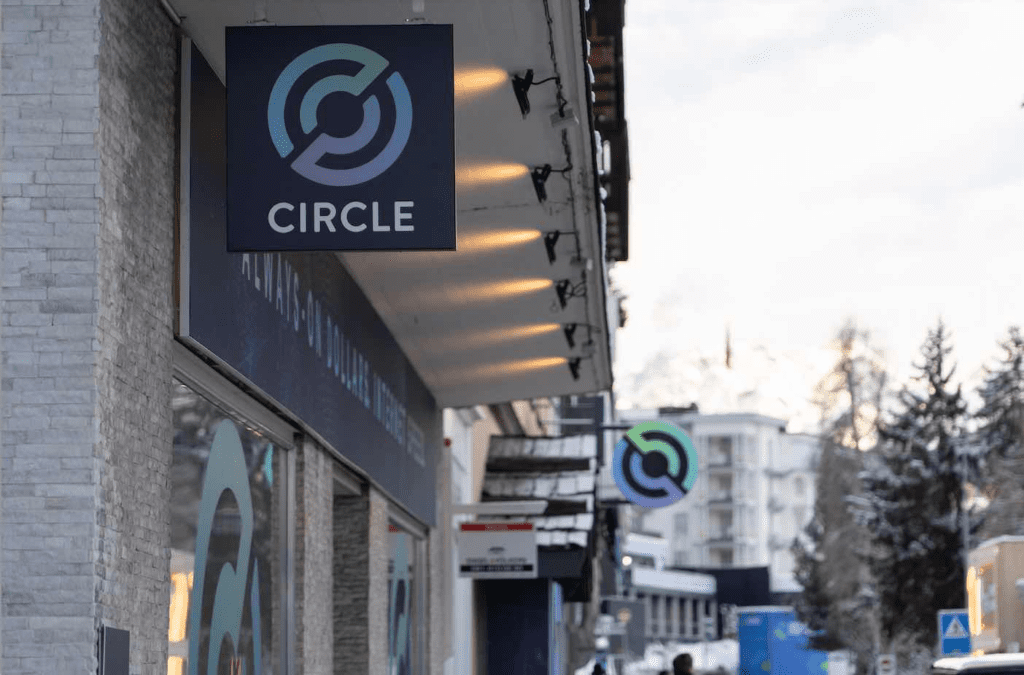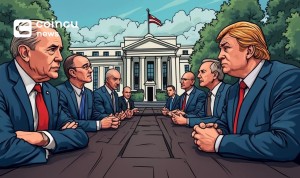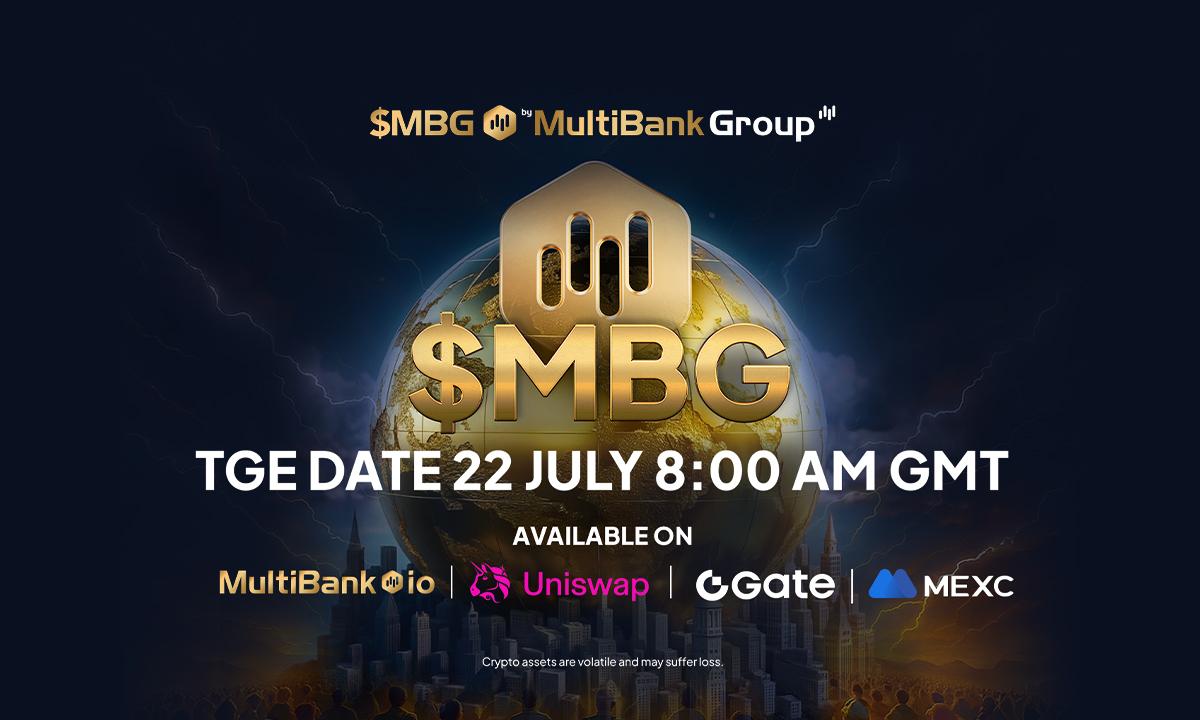Key Points:
- Circle was a top SVB depositor with a government-backed guarantee.
- FDIC recommends charging billions in fees to refill deposit insurance funds after insuring all depositors at SVB and Signature.
- Circle de-pegged from the dollar during SVB vulnerabilities in March but has since reinforced infrastructure.
According to Federal Deposit Insurance Corporation (FDIC), records obtained by Bloomberg, USDC stablecoin issuer Circle was the top depositor aided by Silicon Valley Bank’s government-backed guarantee.

A document from the Federal Deposit Insurance Corporation, which the agency claimed it inadvertently provided unredacted in response to a Freedom of Information Act request from Bloomberg, gives one of the most extensive insights ever into the bank’s major clients.
As the bank failed in March, regulators moved in to safeguard its creditors. They maintained that the action was necessary to restore confidence and help the economy, but it renewed discussion over whether the government was effectively permitting financiers to take excessive risk.
According to documents sent by the FDIC to Bloomberg under the Freedom of Information Act that were not redacted for commercially sensitive data, Circle Internet Financial, which said at the time it had $3.3 billion in holdings at the bank, was followed in the list of top depositors by units of the bank itself, and then by tech-focused venture capital firm Sequoia with just over $1 billion.

The FDIC requested that Bloomberg delete and not distribute the depositor list, stating that the agency wanted to partially omit certain elements from the document because it comprised sensitive commercial or financial information. After that, the agency refused to comment on the content of the document.
Circle momentarily de-pegged from the dollar when SVB vulnerabilities were exposed in March before regaining. Its CEO, Jeremy Allaire, said in April at the Consensus conference that the firm has reinforced its infrastructure since the event.

In May, the FDIC recommended charging billions of dollars in additional fees to the biggest banks in order to refill the US government’s cornerstone deposit insurance fund, which had been depleted to cover deposits beyond the $250,000 level. The regulator estimated at the time that the decision to insure all depositors at SVB and Signature cost the fund around $15.8 billion.
DISCLAIMER: The Information on this website is provided as general market commentary and does not constitute investment advice. We encourage you to do your own research before investing.
Join us to keep track of news: https://linktr.ee/coincu
Harold
Coincu News























